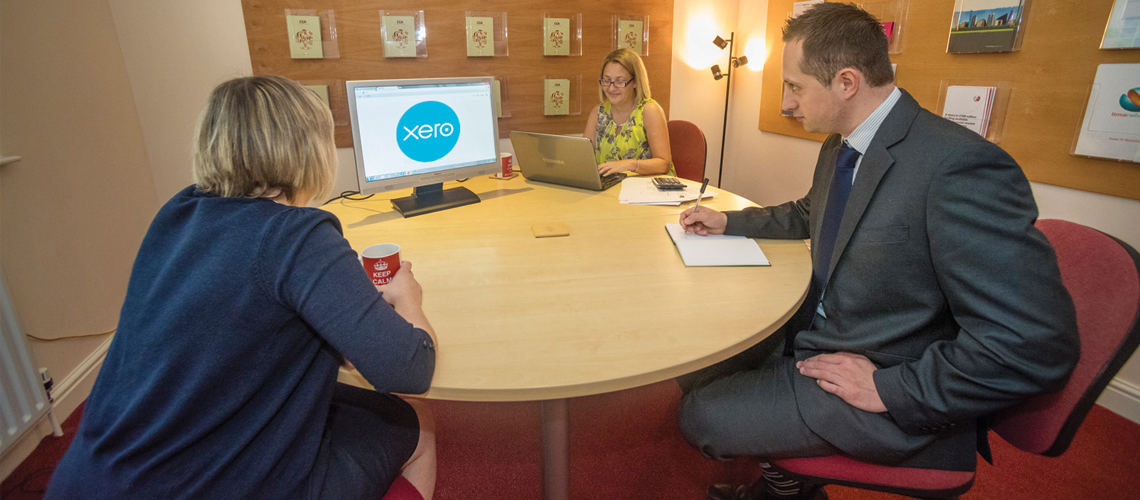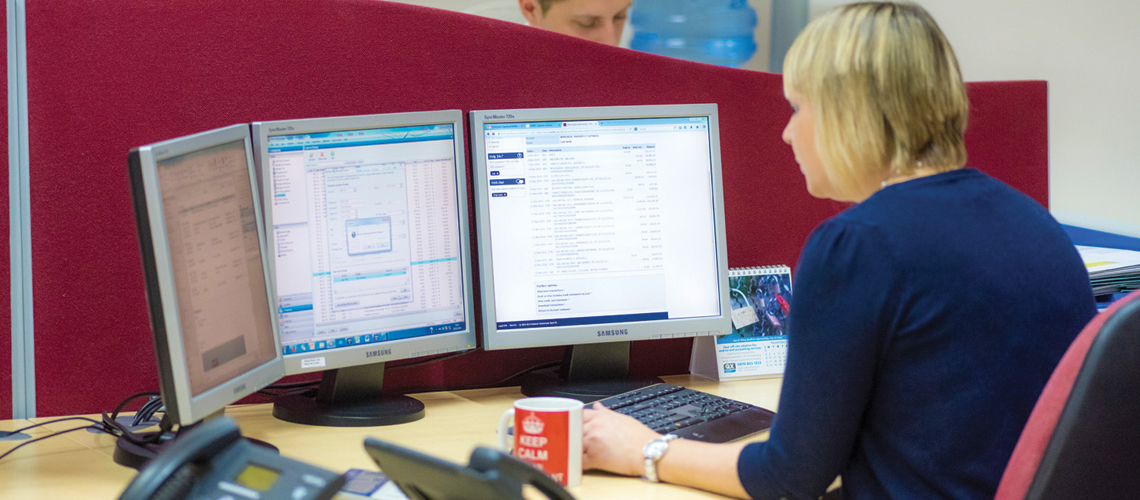The Court of Appeal has ruled that three types of modified crew-cab vehicles are cars rather than vans for tax benefit purposes – with potentially thousands of these multi-purpose vehicles used by employees in the UK, the case has potentially significant – and expensive – consequences for employers and employees alike.
Coca-Cola provided employees with three types of modified vehicle, each based on a panel van design but with a second row of seats behind the driver – a so called ‘crew-cab’ vehicle. Employees could use them privately, which meant the benefit in kind position had to be considered. The vehicles in question were a first or second generation VW Transporter T5 Kombi and a Vauxhall Vivaro.
Coca-Cola argued that all the vehicles were vans, HMRC said they were all cars, with the former being more beneficial for tax purposes.
The case has been argued through the First Tier Tribunal and the Upper Tribunal and has finally been determined by the Court of Appeal.
The decision from the CA is that all three are multi-purpose vehicles, capable of carrying both goods and people and that none of them are ‘van-like’ enough. For benefit-in-kind purposes, they need to be taxed as cars. This is a binding decision.
What does this mean for employers
Employers and their advisers must take the decision into account when preparing P11D computations for 2020/21 onwards. This may mean that a further review of company vehicles is needed to confirm the correct treatment for any similar crew-cab vehicles made available to employees.
It is also important that staff involved in purchasing future company vehicles are aware of the decision and the tax implications of providing similar crew-cab vehicles where private use is permitted.
HMRC guidance and Earlier Years
It should be noted that the CA decision is very much in line with HMRC’s guidance at EIM23110. This has said for some time that, for a vehicle to be a van, it must be primarily suited for carrying goods and that vehicles which have side windows behind the driver and which can be fitted with additional seating are unlikely to meet the definition of a van.
Accordingly, where a vehicle has not been reported in line with both that guidance and the (now) final decision, there is potentially the risk of HMRC enquiry and employers affected by the decision should consider taking specialist advice on the next steps.




















